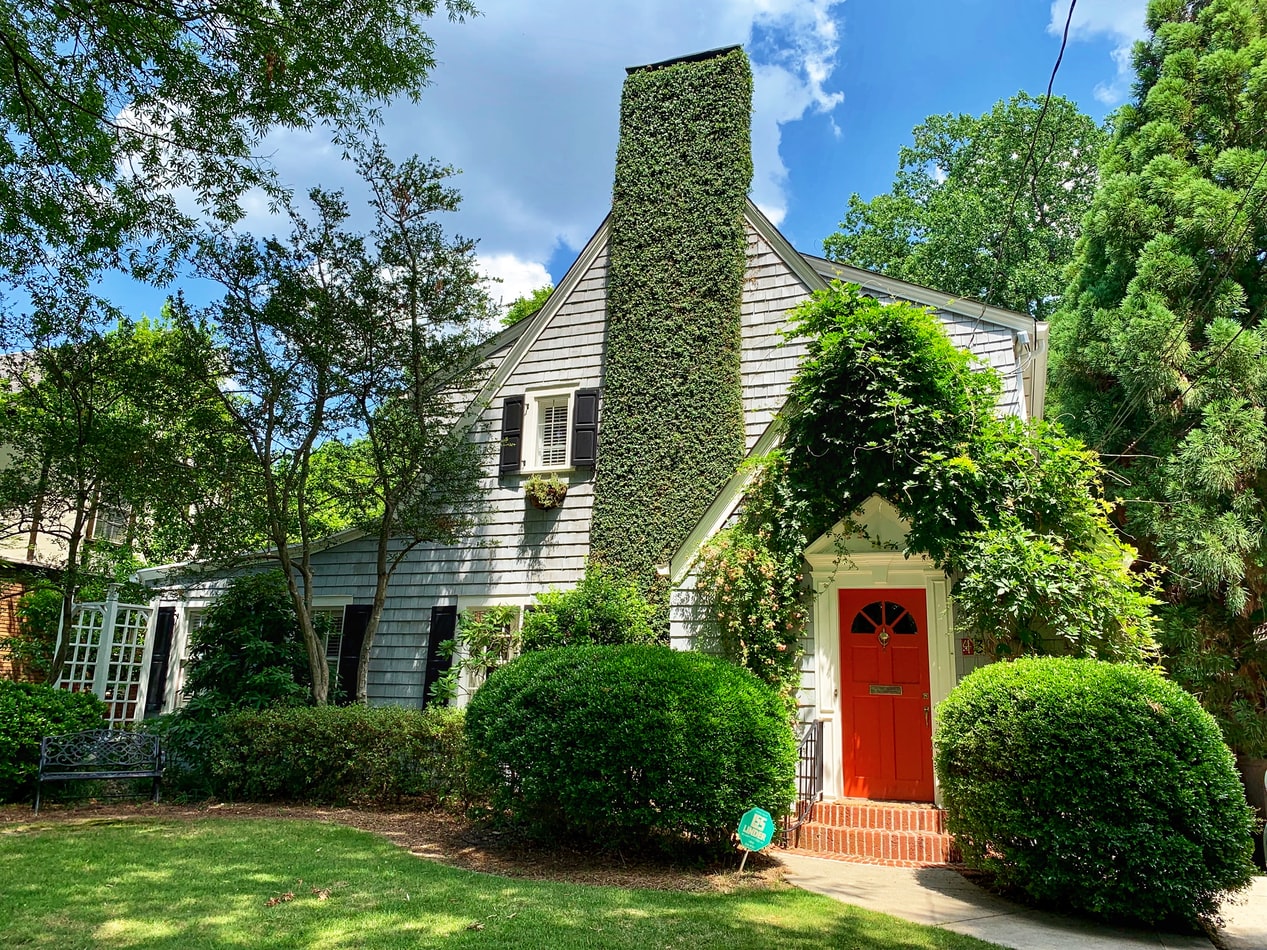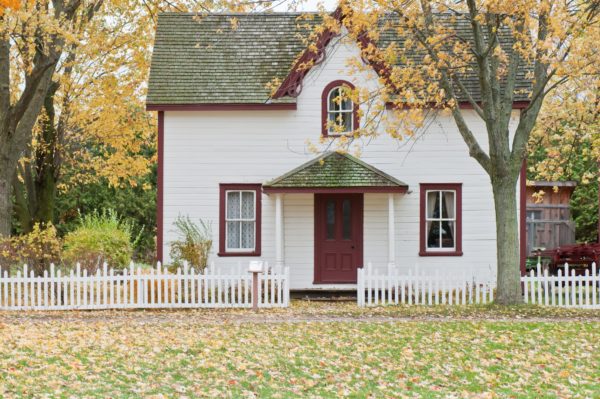
To sum it up in a few words, a mortgage is a tool to become a homeowner. Mortgages will vary depending on different factors like your down payment, interest rate, and the length of the loan, also known as the term. Before we get further into the anatomy of a mortgage, there are a few terms that you’ll need to know. We’ve included a few basic words, but we recommend that you take a look at our mortgage term glossary here to fully understand the process.
A Few Basic Terms
- Adjustable-rate mortgage, or ARM – A mortgage where the interest rate is adjusted at regular intervals based on a standard rate index. Many ARMs have a limit, or cap, on how the rate can increase.
- Fixed-rate mortgage loan – a home loan with a fixed interest rate
- Down payment – Initial payment made in the purchase of a home
- Loan term – The amount of time you have to pay back your mortgage
How a mortgage works
Let’s run through a scenario. Let’s say you’re in the market for your very first home. You’ve likely saved up for a down payment on the house, but probably not enough to purchase the home outright. That’s where a mortgage comes in handy. A mortgage allows you to get on the road to homeownership by putting down an initial payment and financing the rest, resulting in a monthly payment for a set amount of years at a predetermined, and sometimes adjustable, rate.
Most homeowners you come across will be using the same type of mortgage, a 30 year, fixed-rate mortgage. Let’s break down what that means and address a few questions.
Do I Qualify For A Mortgage?
To qualify, you must meet the minimum requirements for the type of loan you want.
Aim for these credit scores for the following type of loans.
- FHA loan: 580
- VA loan: 580-620
- Conventional loan: 620
- USDA loan: 640
Do I Have To Keep My Mortgage For 30 Years?
Nope! A 30-year mortgage does not mean you have to live in your home for 30 years. In fact, most homeowners will sell their homes or refinance before their term ends. Likewise, a 15-year mortgage does not require you to live in your home for 15 years.
Will My Mortgage Interest Rate Change?
With a fixed-rate mortgage loan, your interest rate will remain the same for the life of the loan. With an adjustable-rate mortgage loan, your lender will be able to change your interest rates at regular intervals based on a standard rate index.
Are Adjustable-Rate Mortgages A Good Option?
Fixed-rate mortgage loans will be common, but they aren’t the only option. Adjustable-rate mortgages are another option. Much of the makeup of an adjustable-rate mortgage compare to a fixed-rate mortgage. With an adjustable-rate mortgage (ARM), you’ll still need a down payment, and you’ll still have a monthly payment for a set amount of time. Only now, your monthly payment may vary. Adjustable-rate mortgages can adjust their interest rate at regular intervals based on a standard rate index. ARMs will have a cap on how high or how low your rates can rise or fall.
Pros
Flexibility
With a Hybrid ARM, you can take advantage of an initial fixed-rate, low cost, period before beginning the term’s adjustable-rate part. This provides great flexibility for homeowners who don’t plan to live in their homes long or plan to pay off their homes early.
Payments Can Decrease
If interest rates fall, you may see sizable decreases in your monthly payments.
Cons
Uncertainty
The uncertainty of ARMs often drives homeowners towards conventional loans. Dallas mortgage lenders will be able to dive deep into each type of loan’s pros and cons. Make sure you have a good understanding of your needs before making your choice.
Recap
A mortgage is a tool. With proper planning and discipline, a mortgage can be a safe way to become a homeowner. If you’re looking for a Dallas mortgage lender or want to know more about Dallas mortgage rates, get in touch with our team here at The Tuttle Group today.




